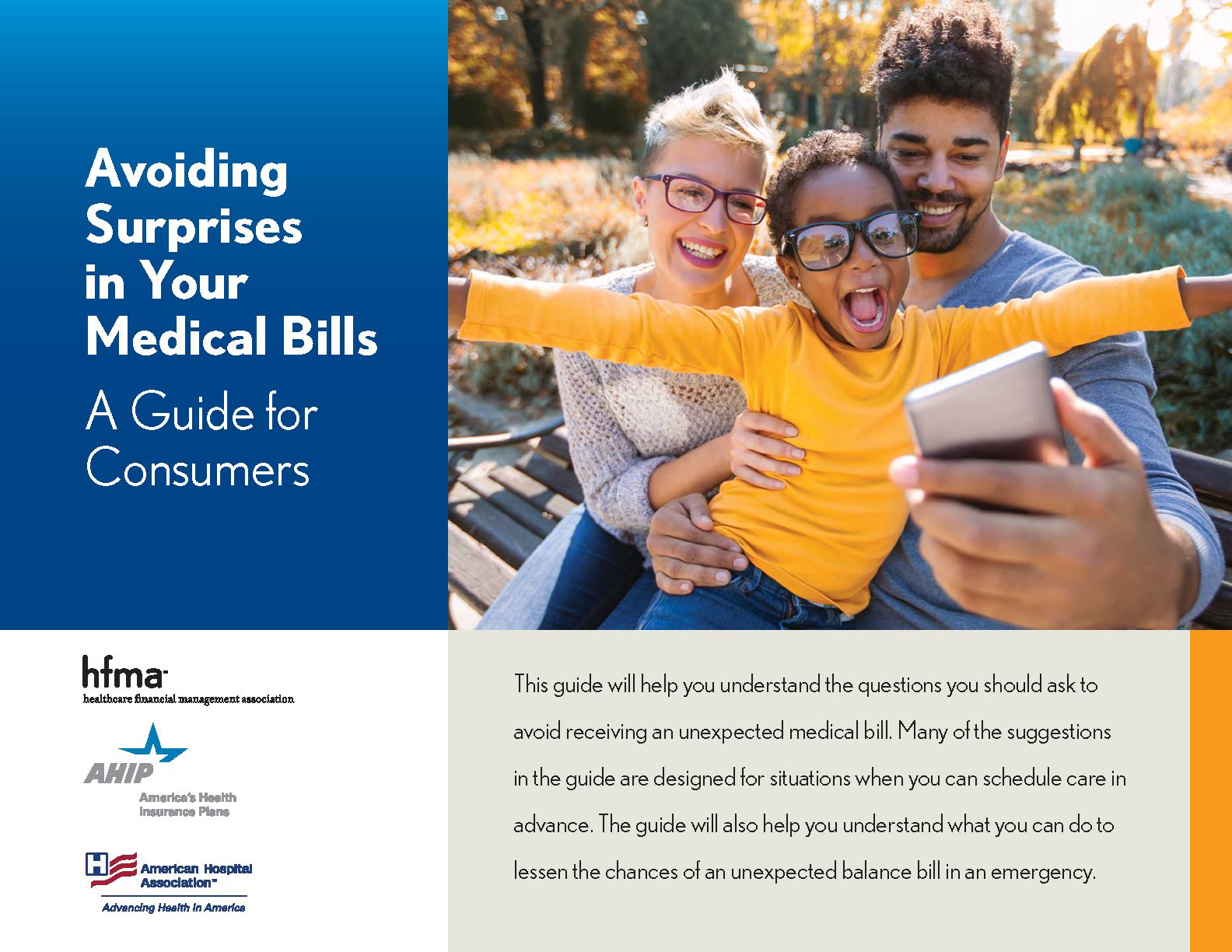

Now You Can Share Fitbit Data to Save on Life Insurance
What's New?
John Hancock, one of the nation's oldest and largest life insurers, will stop underwriting traditional life insurance and instead sell only what it's calling interactive policies in which individuals can regularly share their fitness and health data from wearable devices and smartphones. For policyholders without these devices, the insurer will offer a free Fitbit or an Apple Watch for $25 for an extra $2 a month.
The program, pioneered by John Hancock's partner the Vitality Group, incentivizes policyholders with reduced premiums, hotel and restaurant rewards, and other perks. Participants earn points by getting regular checkups, logging workouts and healthy food purchases, and reading wellness articles supplied by Tufts University. And, participants control how much — if any — of their fitness and health data they want to share and how.
John Hancock CEO Marianne Harrison told CNBC that Vitality Group's worldwide data show that, on average, consumers who use its program are living 13-21 years longer. Brooks Tingle, John Hancock's president, put the benefits of the company's offering more bluntly in an interview with The New York Times, saying: "The longer people live, the more money we make."
Will Health Insurers Follow Suit?
John Hancock began offering interactive policies in 2015, opting to expand the program even though it's too early to know if that move paid off in reduced costs or extended the lives of policyholders. Harrison, however, said that hospitalization costs for those in the Vitality program worldwide are about 30 percent less than the average population. Health insurers such as UnitedHealthcare have already begun experimenting with offering incentives to policyholders who use activity-tracking devices. Aetna announced plans to give away 500,000 Apple Watches this year to its customers as a way to build value in employer wellness programs. It had previously bought Apple Watches for all of its employees.
Device Makers' Moves
Some wearable-device makers are now expanding their direct-to-consumer market focus to engage employers and health plans. Fitbit announced that it will bundle its health programming options into its Fitbit Care product and sell it to employers and health plans. Apple also recently beefed up the health-tracking capabilities of its Apple Watch Series 4 in a perceived response to consumer demand.

